| Peace talks in Doha have a chance at progress even in Hamas’s absence. The outcome could determine the scope of Iran’s promised retaliations (https://www.economist.com/middle-east-and-africa/2024/08/07/israeli-aircraft-buzz-beirut-as-the-drums-of-war-bang-loud?utm_campaign=a.io&utm_medium=audio.podcast.np&utm_source=theintelligence&utm_content=discovery.content.anonymous.tr_shownotes_na-na_article&utm_term=sa.listeners) against Israel. New research suggests Mars may have an ocean’s worth of water deep in its crust (https://www.economist.com/the-economist-explains/2024/08/13/the-significance-of-liquid-water-on-mars?utm_campaign=a.io&utm_medium=audio.podcast.np&utm_source=theintelligence&utm_content=discovery.content.anonymous.tr_shownotes_na-na_article&utm_term=sa.listeners) (10:30). And Colombia’s bid (https://www.economist.com/the-americas/2024/08/08/colombia-prepares-for-a-vanilla-boom?utm_campaign=a.io&utm_medium=audio.podcast.np&utm_source=theintelligence&utm_content=discovery.content.anonymous.tr_shownotes_na-na_article&utm_term=sa.listeners) to sate the global hunger for more sources of vanilla (18:14). Get a world of insights by subscribing to Economist Podcasts+ (https://subscribenow.economist.com/podcasts-plus). For more information about how to access Economist Podcasts+, please visit our FAQs page (https://myaccount.economist.com/s/article/What-is-Economist-Podcasts) or watch our video () explaining how to link your account. Hosted on Acast. See acast.com/privacy (https://acast.com/privacy) for more information. |
Tags: Featured,newsletter





















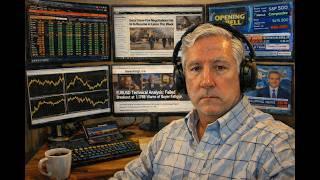
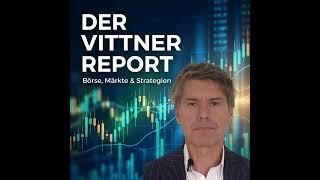
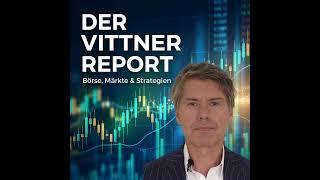
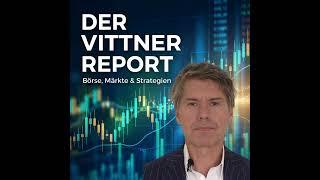
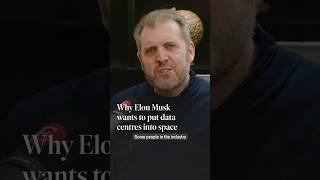





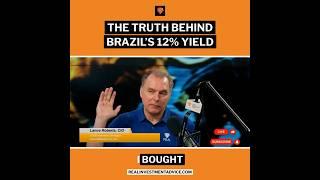
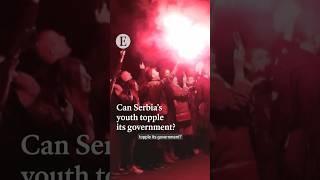
8 pings
Skip to comment form ↓